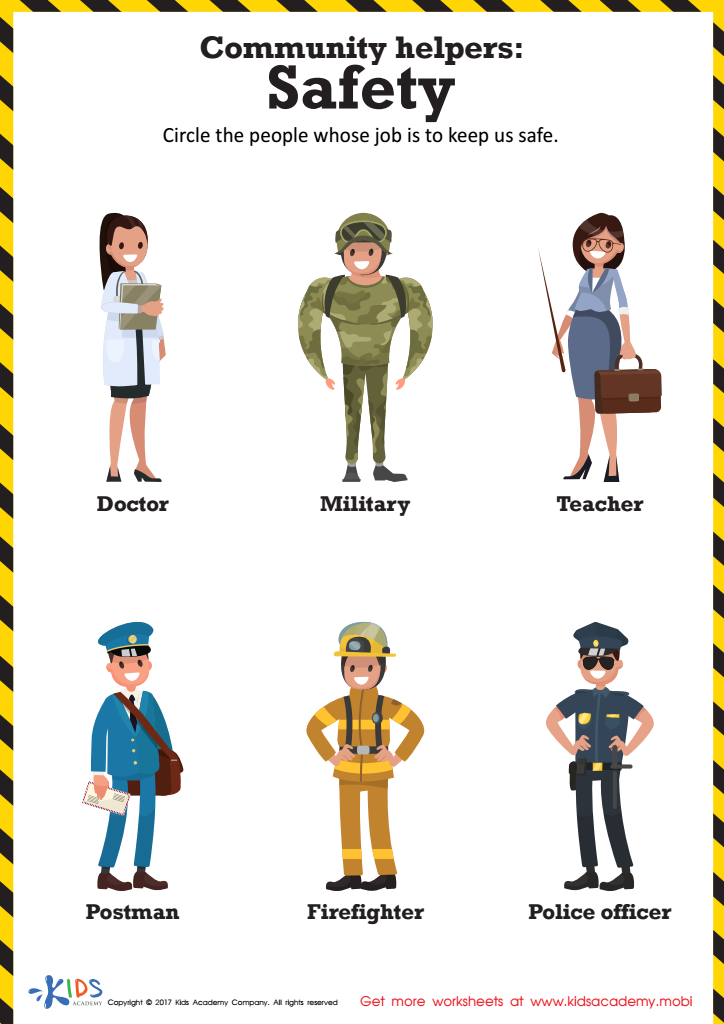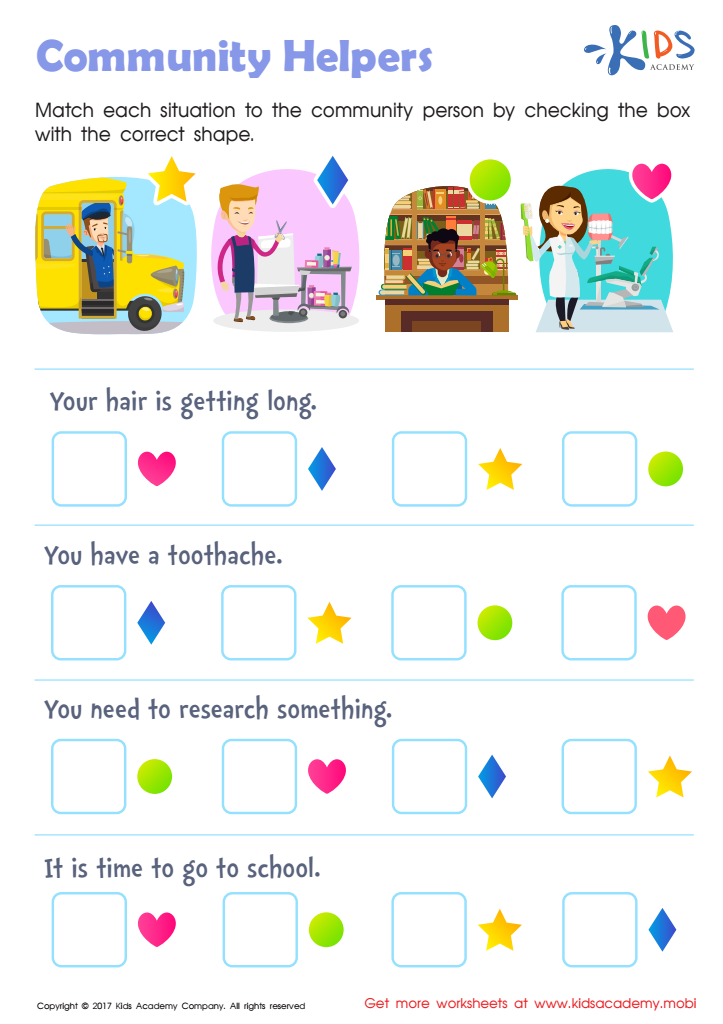Normal Community Worksheets for Ages 4-9 - Page 3
85 filtered results
-
From - To
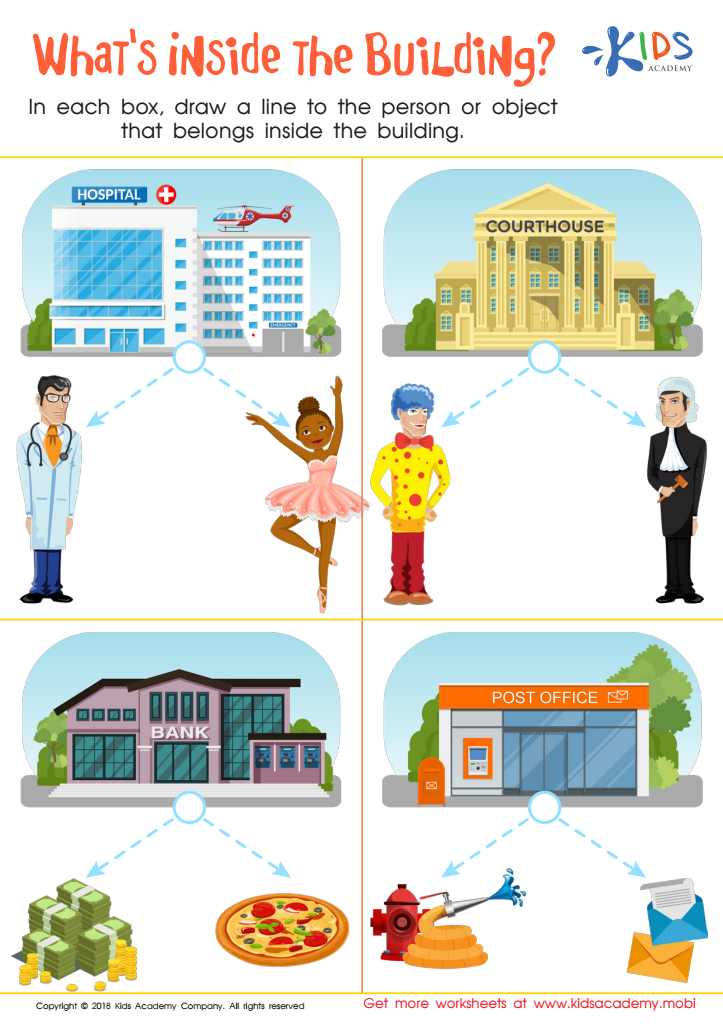

What's Inside the Building? Worksheet
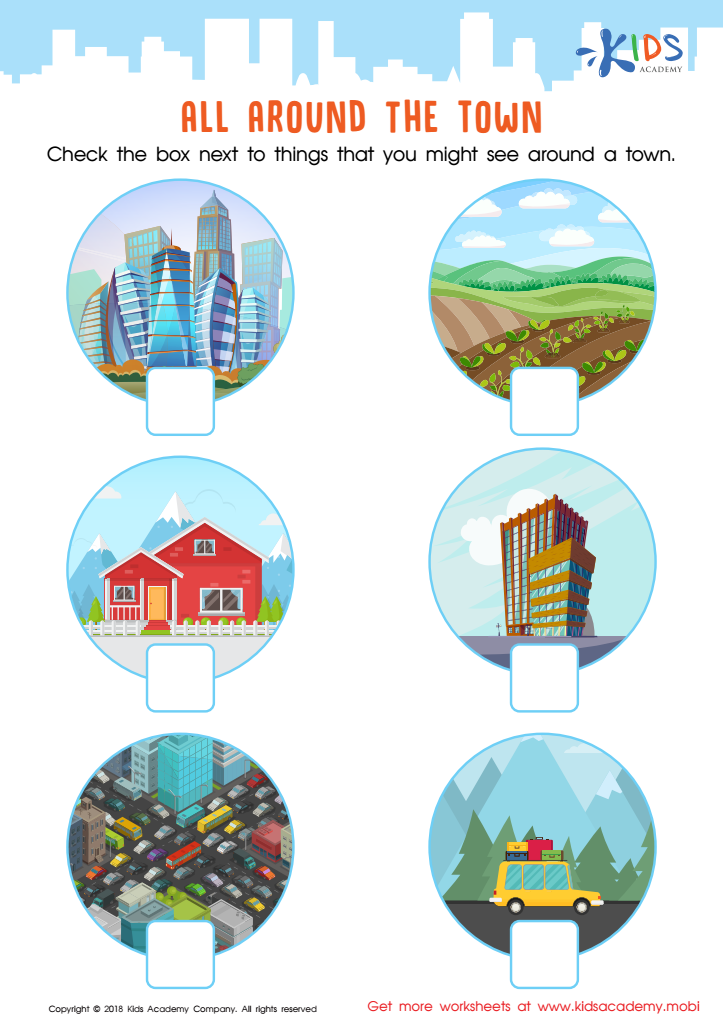

All Around the Town Worksheet


What Do Teachers Need Worksheet
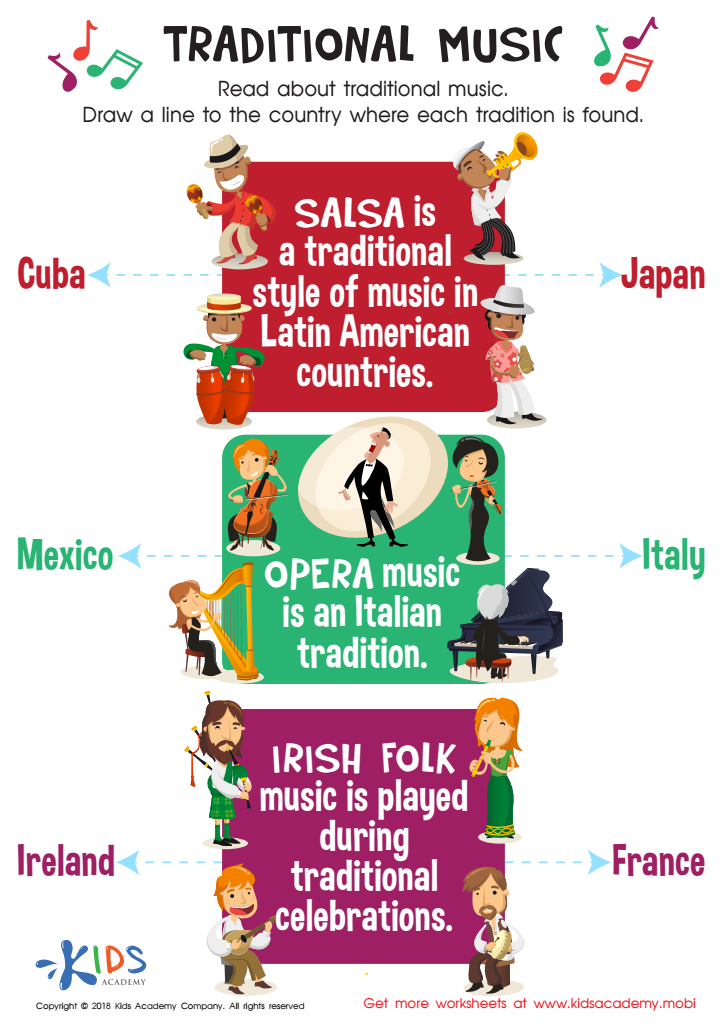

Traditional Music Worksheet


What Do you See at School? Worksheet
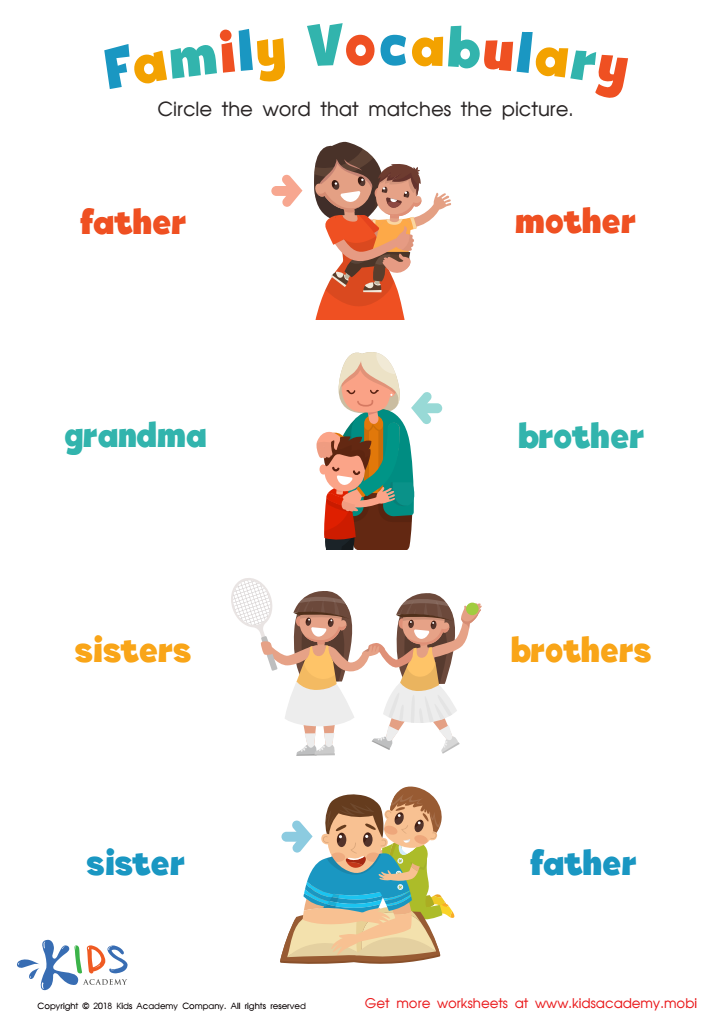

Family Vocabulary Worksheet


Keep Your Community Clean Worksheet
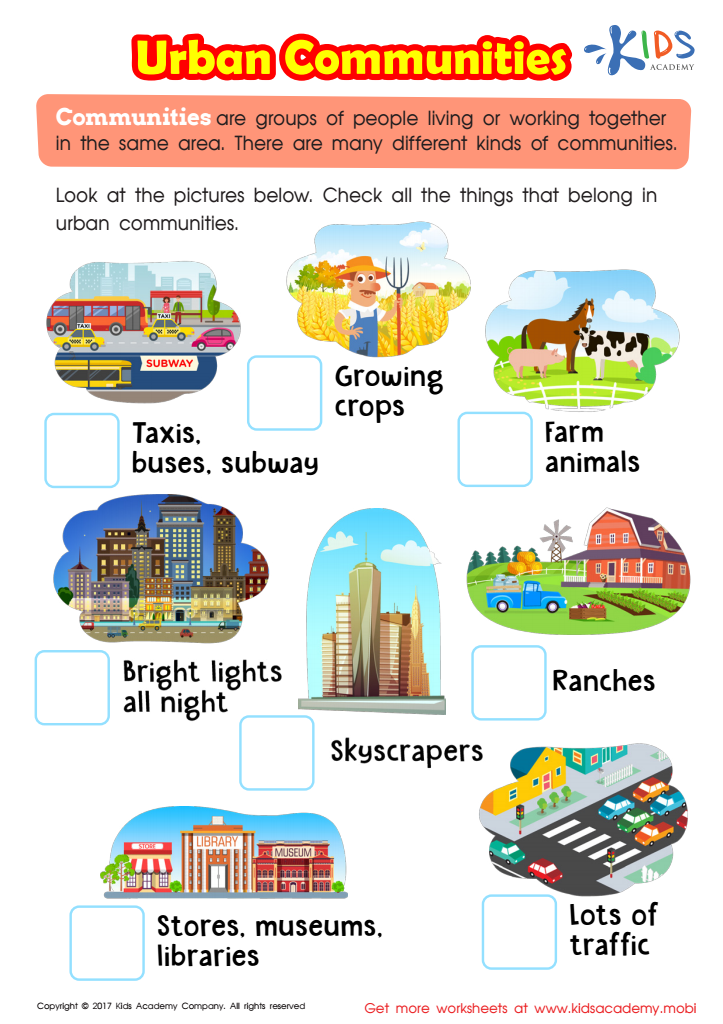

Urban Communities Printable
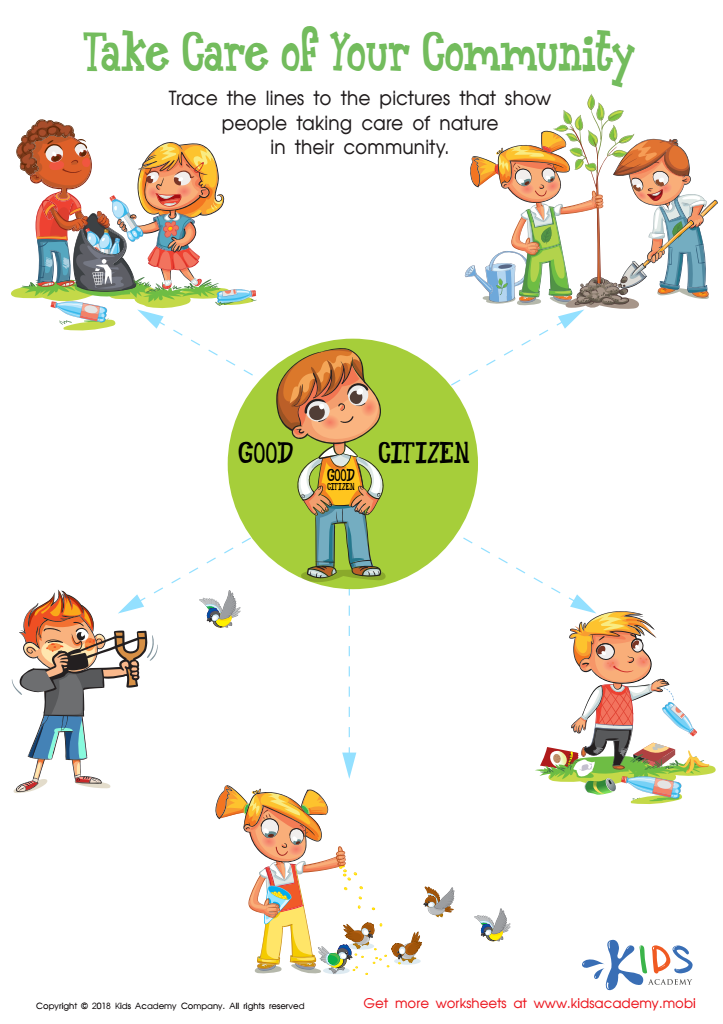

Take Care of your Community Worksheet
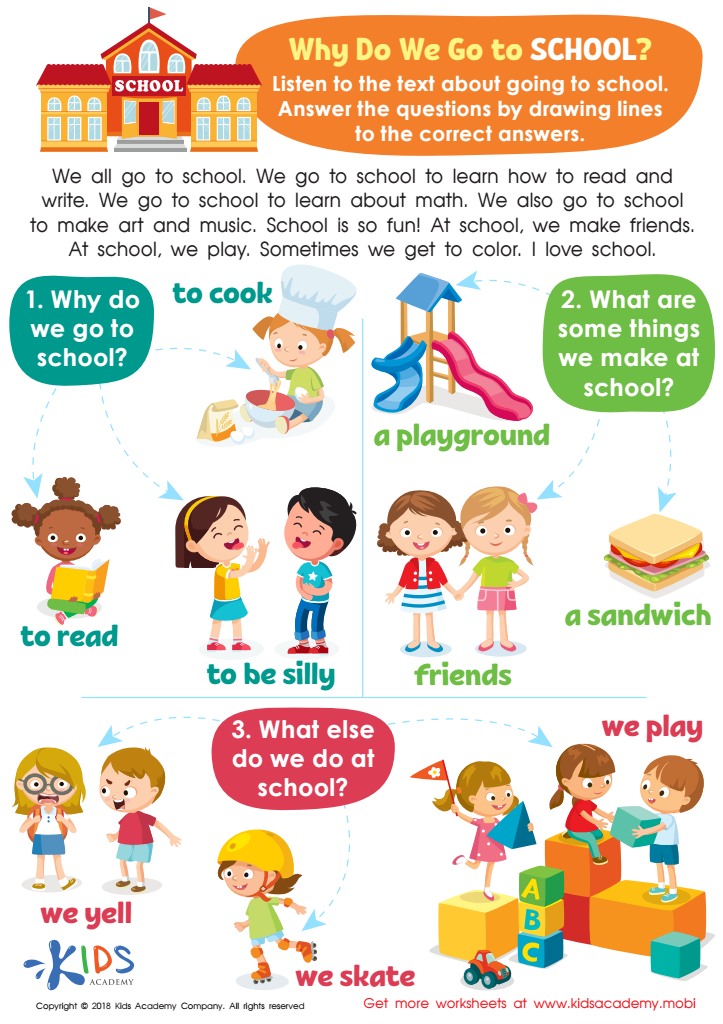

Why Do We Go To School? Worksheet
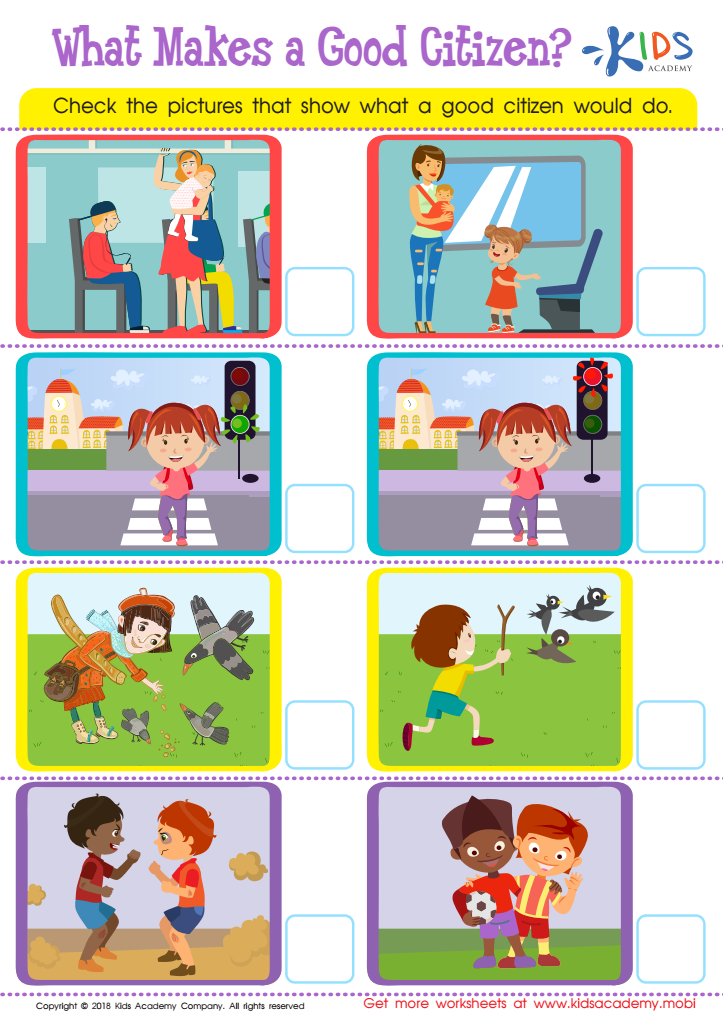

What Makes a Good Citizen? Worksheet
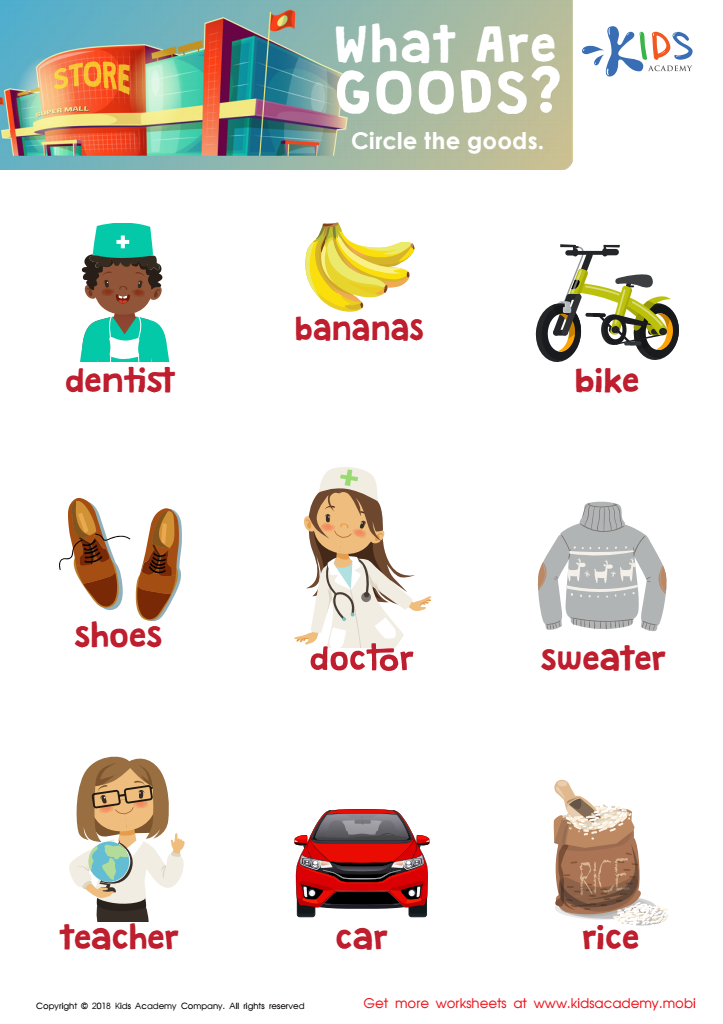

What Are Goods? Worksheet
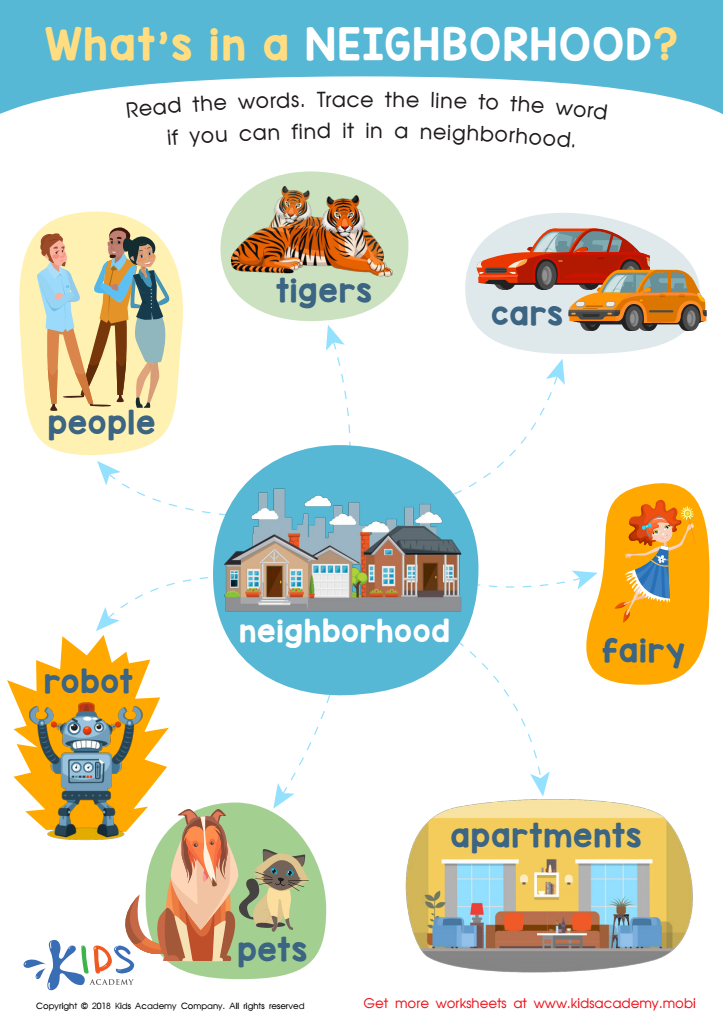

What's in a Neighborhood? Worksheet
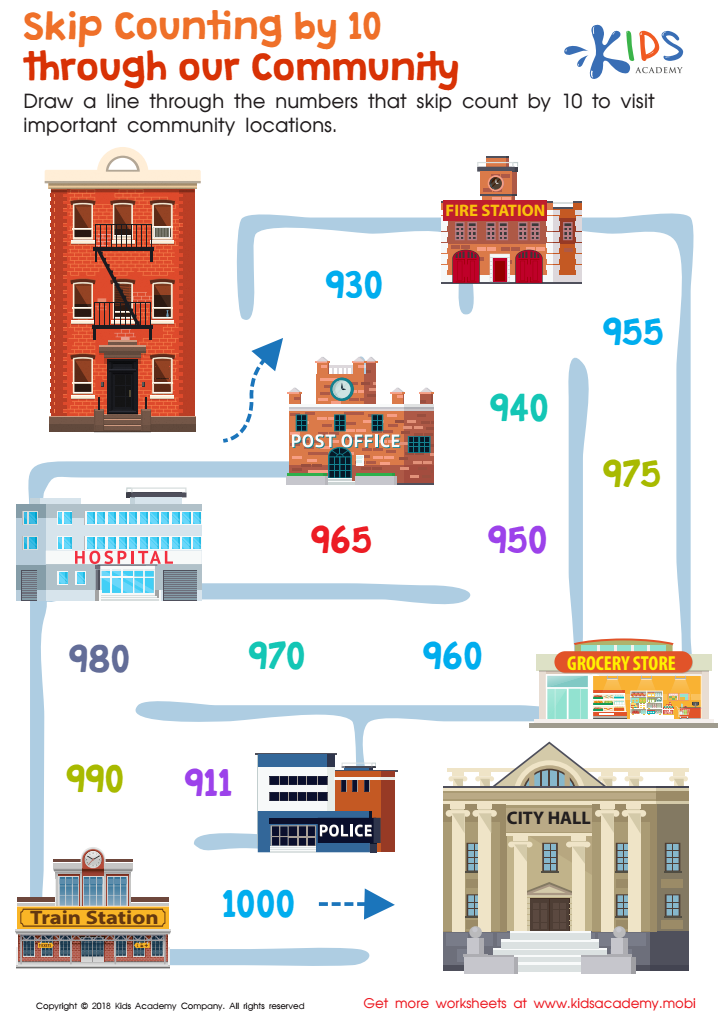

Skip Counting by 10 Through Our Community Worksheet
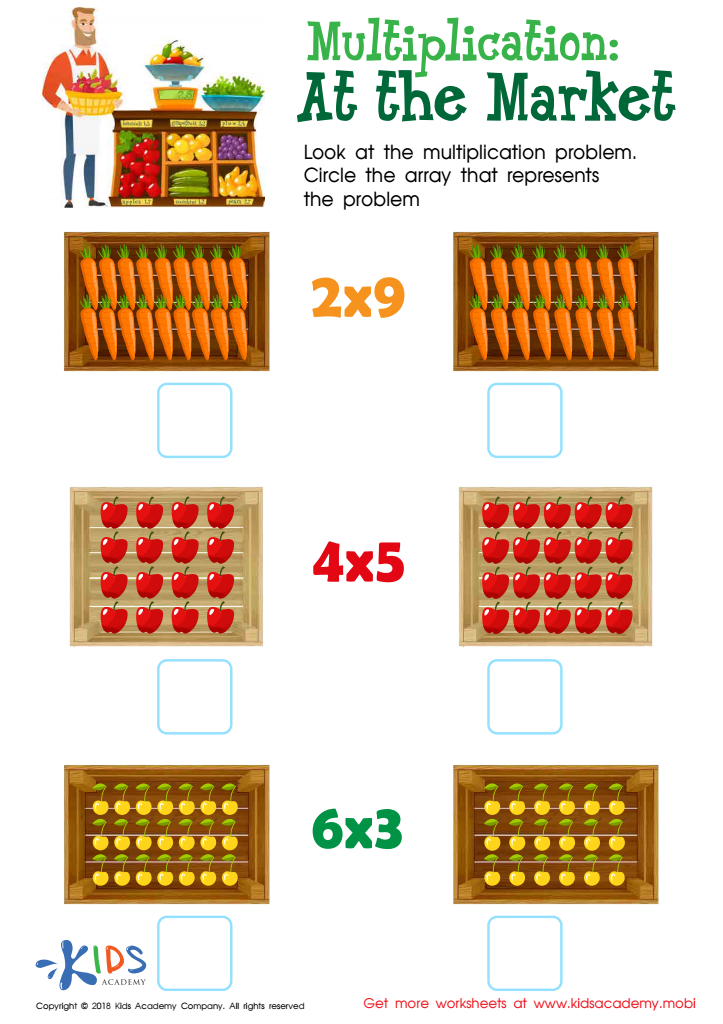

At the Market Worksheet


Chinese Word Tracing: Ni Hao Worksheet
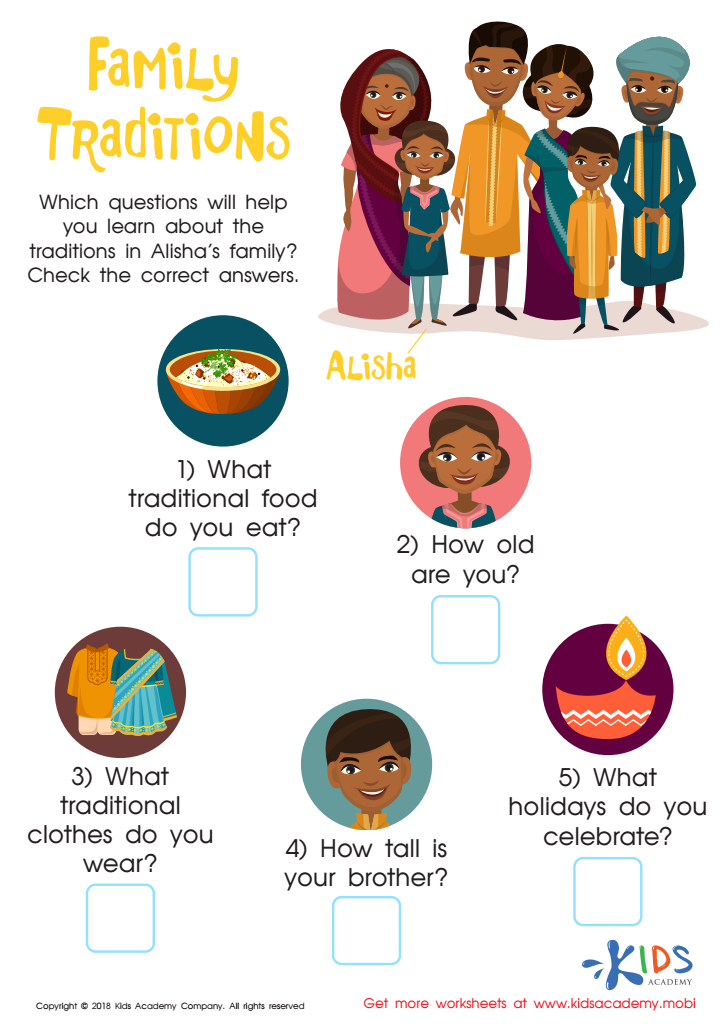

Family Traditions Worksheet


Playground Worksheet


Towns Worksheet
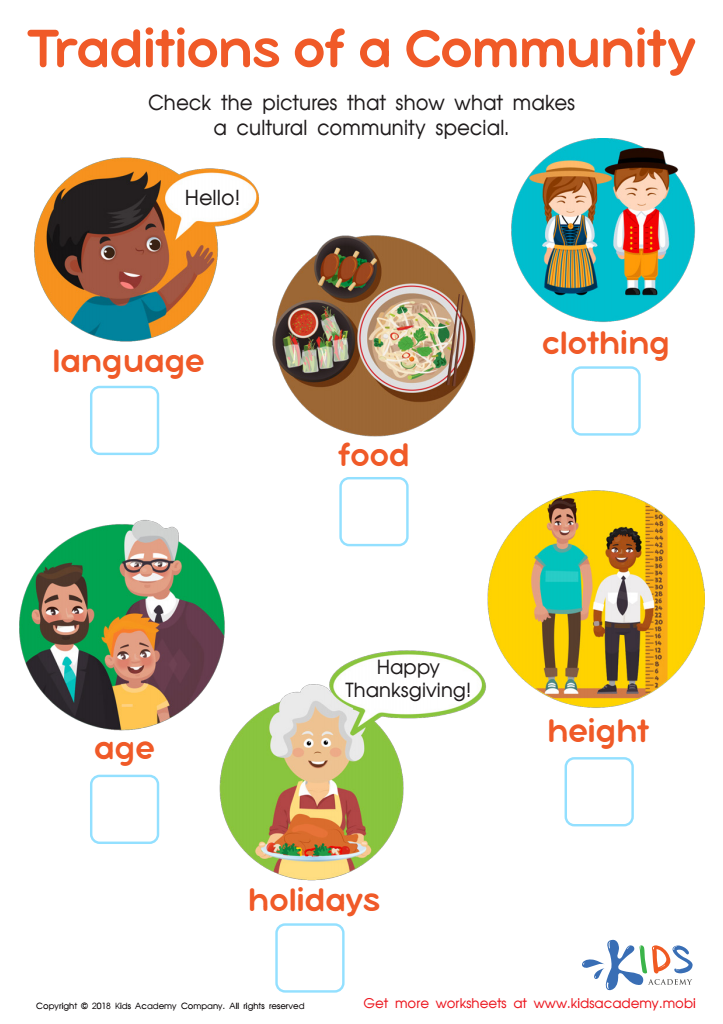

Traditions of a Community Worksheet
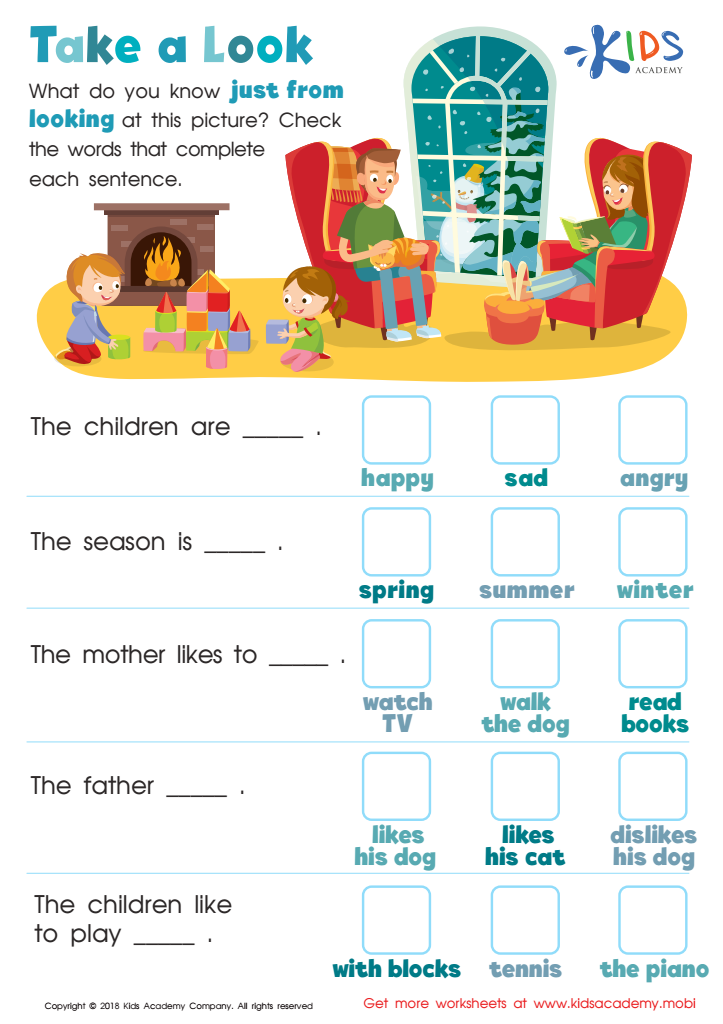

Take a Look - Part 1 Worksheet
Normal community environments play a pivotal role in the overall development of children aged 4 to 9, and both parents and teachers should closely nurture and involve themselves in these settings. During these formative years, children develop foundational skills through social interactions, play, and structured activities. A supportive, stimulating community can significantly enhance children's cognitive, emotional, and social development.
First, normal community settings provide a framework for children to learn essential social skills—such as sharing, cooperation, and empathy—which are key to forming healthy relationships. Engaging with diverse peers encourages inclusivity and adaptability.
Second, such environments foster a sense of security and belonging. Feeling accepted and understood helps boost self-esteem and reduces anxiety, creating resilient learners. A cohesive community also provides consistent routines and expectations, which are crucial for children's ability to thrive both academically and personally.
Teachers and parents are vital in modeling positive behaviors, and reinforcing learning through community engagement further strengthens the link between education and social development. By valuing and participating in normal community activities, parents and teachers lay the groundwork for a well-rounded, empathetic future generation, equipped to address challenges and embrace opportunities confidently.
 Assign to My Students
Assign to My Students
